The end of a true fighter: My boat Ruga!
By Alonso Lopez This is one of those stories worth recording. The end of a true fighter: my boat Ruga! It also shows how surprising our Snipe Class can be. We were in Porto Alegre for the Snipe Brazilian Nationals. The regatta had 59 registered boats. We had three boats representing our Guarapiranga Lake, which combined with the folks from Ilhabela and Santos totaled approximately 12 boats from our State. The Nationals are held every January and the top ranked sailors earn berths to race in the Snipe Worlds. This means that the very best sailors from Brazil participate and battle for the top positions. ...
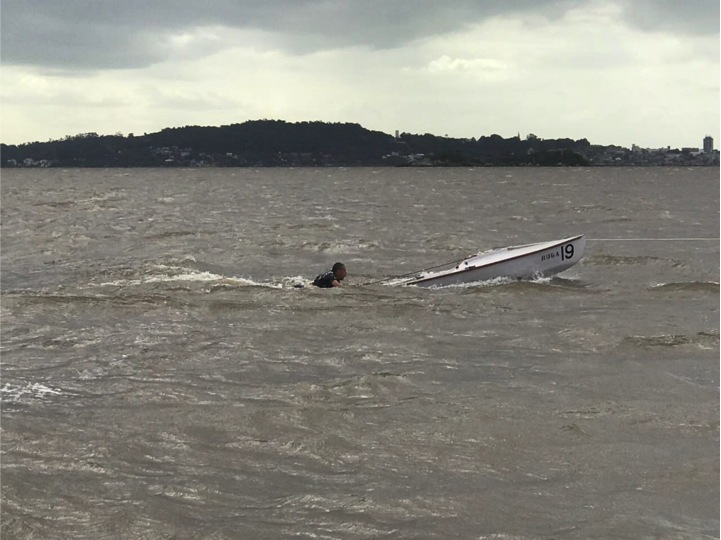

By Alonso Lopez
This is one of those stories worth recording. The end of a true fighter: my boat Ruga! It also shows how surprising our Snipe Class can be.
We were in Porto Alegre for the Snipe Brazilian Nationals. The regatta had 59 registered boats. We had three boats representing our Guarapiranga Lake, which combined with the folks from Ilhabela and Santos totaled approximately 12 boats from our State.
The Nationals are held every January and the top ranked sailors earn berths to race in the Snipe Worlds. This means that the very best sailors from Brazil participate and battle for the top positions.
…
The championship is open, so we amateurs can also participate. It is an incredible honor to start alongside great champions.
We spent the entire week at Clube dos Jangadeiros racing on the Guaíba River, famous for its strong winds and shallow waters, which makes sailing dangerous because with six-meter long masts, any capsizing can result in broken masts.
Daniel, André, Enrico, Frê, Ziege and me, accustomed to sailing on our lake had less experience with the strong winds and heavy chop, but we were all damage free up to that point. None of us had capsized or injured ourselves. Until then…
That day we arrived early at the yacht club and the forecast for that Friday was for three races in winds exceeding 20 knots. Everyone rigged their boats in silence, double checking our setups and possible damages from the windy races of the previous days. Ruga was looking strong because I had prepared it for the Guaíba. The prep work I did in São Paulo left Ruga as strong as a war tank.
The warning signal was fired from the deck of the yacht club and we all went out. The race course was distant from the club because the Easterly breeze made the RC set the course close to Pedra Redonda. As we sailed out to the course, we saw that the wind was blowing hard.
We heard the five-minute gun and set our front puller, neutral mast position, mast rake and closed spreaders to face that heavy breeze; everything was fine. With one minute to go we were already on the line. We probably chose the favored end because all the top guys were right around us, and the problem with that is that their heavy air boat handling is much better than ours. As soon as the gun went off, they rolled over us and we were left in their dirty air.
We had a terrible start, but with that strong wind and heavy chop, the crews in the middle of the fleet made several mistakes and we were able to recover from our poor start and held a strong mid-fleet position. The course for that race was two triangles, a windward leeward and a short reach to the finish.
We sailed well on the reach as our boat was flying down those waves. We passed more than five boats trimming the jib with no pole before entering what would be Ruga’s final run.
We had completed the second triangle of what was our best race of the regatta until that moment. We saw a few capsized boats and crews trying to right them back up. My greatest rival that week, Mario Eugenio, had lost his rudder and was drifting afloat. That was our best chance to pass them because they had been sailing well all week. When we sailed by them on the upwind leg we yelled “Do you need any help?” Mario gave us a thumbs-up signaling that the situation was under control. Ziege, my crew, and I continued towards the windward mark.
We rounded the mark in the top half of the fleet, which was a big deal for us given the high level of the fleet. It was our last downwind leg before the short reach to the finish. It was blowing more than 20 knots, but the adrenaline was such that we didn’t even feel the weight of the boat and lines scratching our hands. We managed to launch the whisker pole and were flying over those waves of the Guaíba River. To play it safe, we didn’t even ease the mast rake in order to protect the mast from bending.
We opted to minimize risks of capsizing and decided to simply bear down after rounding the mark and leave the jibe for later, but we were distancing ourselves from the fleet and needed to jibe in order to defend our position.
I don’t remember if the wind shifted or if a wave hit our broadside, but the fact is that the main didn’t jibe. We lost speed, but I insisted in jibing before regaining speed. The result was that when we finally jibed, the boat heeled over and capsized.
I remember jumping on the centerboard to avoid the mast from sinking. Ziege also climbed onto the centerboard to help right the boat. Standing on the board, I looked around and figured that we could still salvage a decent position if we managed to finish the race. But when the mast came out of the water, the boat flipped over to the other side and turtled mast down.
The combination of wind and waves hitting the hull made the mast hit the bottom of the shallow river. The waves rocked the bow so hard that I couldn’t get near it without hurting myself. I finally managed to hold on to the front shroud and tried to turn the boat head to wind, but it was simply impossible; the boat wouldn’t turn.
We were in the water for a long time trying to turn the boat around until a bigger wave hit the boat and knocked the mast butt out of place, punching a huge hole thru the fiberglass, where water started pouring in. My old Ruga was sinking.
I was nearing exhaustion and imagined that Ziege would be even more fatigued. When a dinghy finally came to rescue us, I ordered Ziege to climb onto the dinghy and rest. I was worried about his exhaustion. I managed to save the rudder and centerboard and put them on the dinghy. But with each wave that hit, the mast and shrouds were trashed and causing more damage to the fiberglass, making more and more water enter the hull.
We then heard a huge cracking noise from the hull and the boat really started going under. At that moment another rescue boat approached and Peter, a local sailor, jumped into the water to help me out. He saw how tired I was and told me to climb onto the dinghy. I obeyed him, but couldn’t stay for more than one minute looking at poor old Ruga sinking with all the shrouds, sails and lines. I dove back in and we made the decision to cut off the shrouds and sacrifice the mast and sails in order to salvage the hull.
It may have been a precipitated decision, or maybe the tiredness of battling in the water for more than three hours hampered my discernment.
The boat continued to sink slowly. It crossed my mind that despite its age, old Ruga’s flotation system was still working; otherwise it would have sunk much faster. But I could see that it just kept sinking and couldn’t take it any longer. We cut off all the shrouds, tied a line to what was left of the mast partner, and towed back to the club.
There were more than twenty friends waiting for us the boat ramp. When we pulled in, Henrique came up to me and said: “Let the guys take care of the Ruga; you have to head over to the Class Assembly. They’re all waiting for you.”
During most of the meeting I was unable to concentrate. I kept thinking of Ruga and a way of somehow being able to race the next day. Rafael Gagliotti was running the meeting and Henrique was in charge of the minutes. A stream of blood was flowing from my foot and making a red puddle on the floor, while my foot kept swelling and started looking like a potato. The next day’s races seemed more and more distant.
During the assembly, following a discussion over the Class rules, it was decided that the 2019 National Championships would be kept at Guarapiranga Lake as originally approved. That gave me a sense of mission accomplished; a mission that began one year earlier when we requested to host the championship during the Nationals in Ilhabela, when we were in the middle of a full-fledged renovation of Yacht Club Paulista coordinated by Alberto Hackerott, leaving the club more attractive and apt to receive major championships.
At the same time, the news about Ruga started spreading on the social networks and support messages started pouring in. Rafa and Henrique invited me to dinner that night and to lift my spirits they gave me a set of sails. After hearing jokes and other shipwreck stories that they told me, I ended up going to sleep a little calmer.
I could barely sleep though and the support messages kept coming in. Sailors and friends from São Paulo who were following the regatta kept writing “Stay Strong Alonso” in the social groups.
When I woke up the next morning for the last day of racing, were it not for all the support messages I wouldn’t have made it to the yacht club because I could barely put my foot on the ground because it hurt so much.
I arrived at the club limping and was surprised with a mast and whisker pole leaning on my boat. They left them there as a gift to Ruga. I couldn’t believe that!
And then our dear friend and boat builder Lemão came up and invited me to eat breakfast at the club’s snack shop and told me: “Buddy, we all teamed up and decided to pitch in and give you another boat so that you won’t miss even a single weekend of sailing!”
I simply could not believe in what he was telling me. Can you imagine how incredible it is to hear someone saying “we’re giving you a boat as a present”?
It’s a mixture of pure joy and uneasiness. I don’t think that I’ll ever be able to repay such kindness. During my trip back to São Paulo, I kept thinking about how to reciprocate and came to a conclusion about the minimum that I could give back to the Class.
I decided the following: If the Class gave me a boat, I will repay them with a boat. I decided that from now onwards, Ruga will belong to the Snipe Class in São Paulo. After a thorough renovation, Ruga will serve as a school boat and will be available for classes, regattas, and trial for people interested in knowing the class.
I feel that after everything that happened, this is the least that I could do, and I’ll still be in debt. From the bottom of my heart, thank you a million times to all you guys.
Alonso López
Snipe Class Coordinator in São Paulo
Translation: Luis Borba – Snipe sailor
Comments for this post are closed

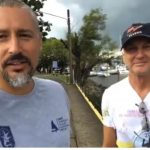
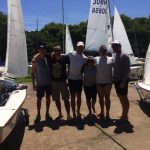
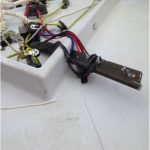
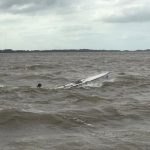
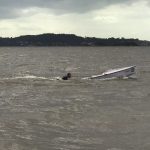
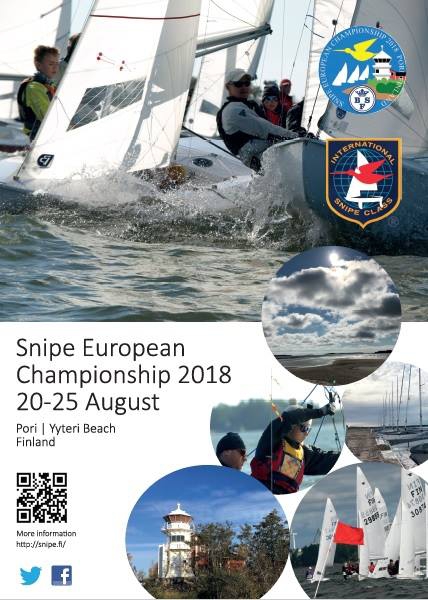
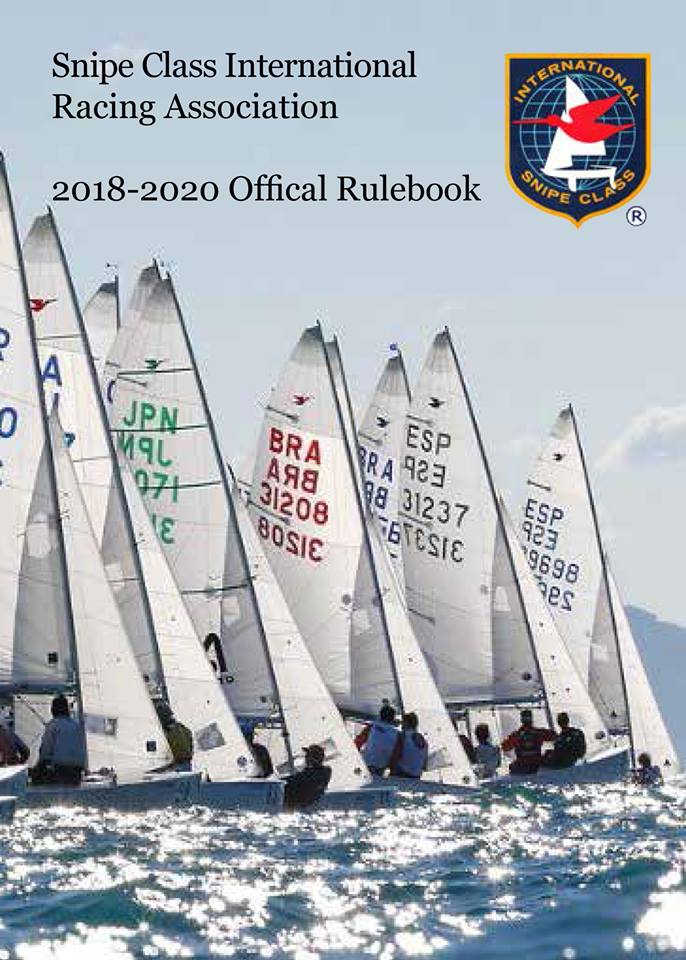
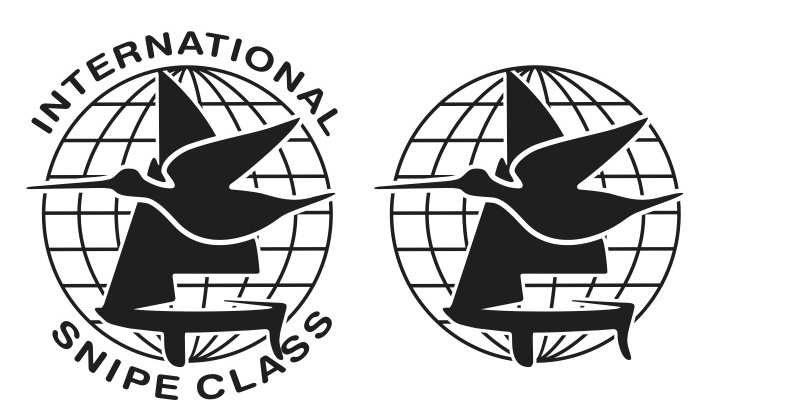
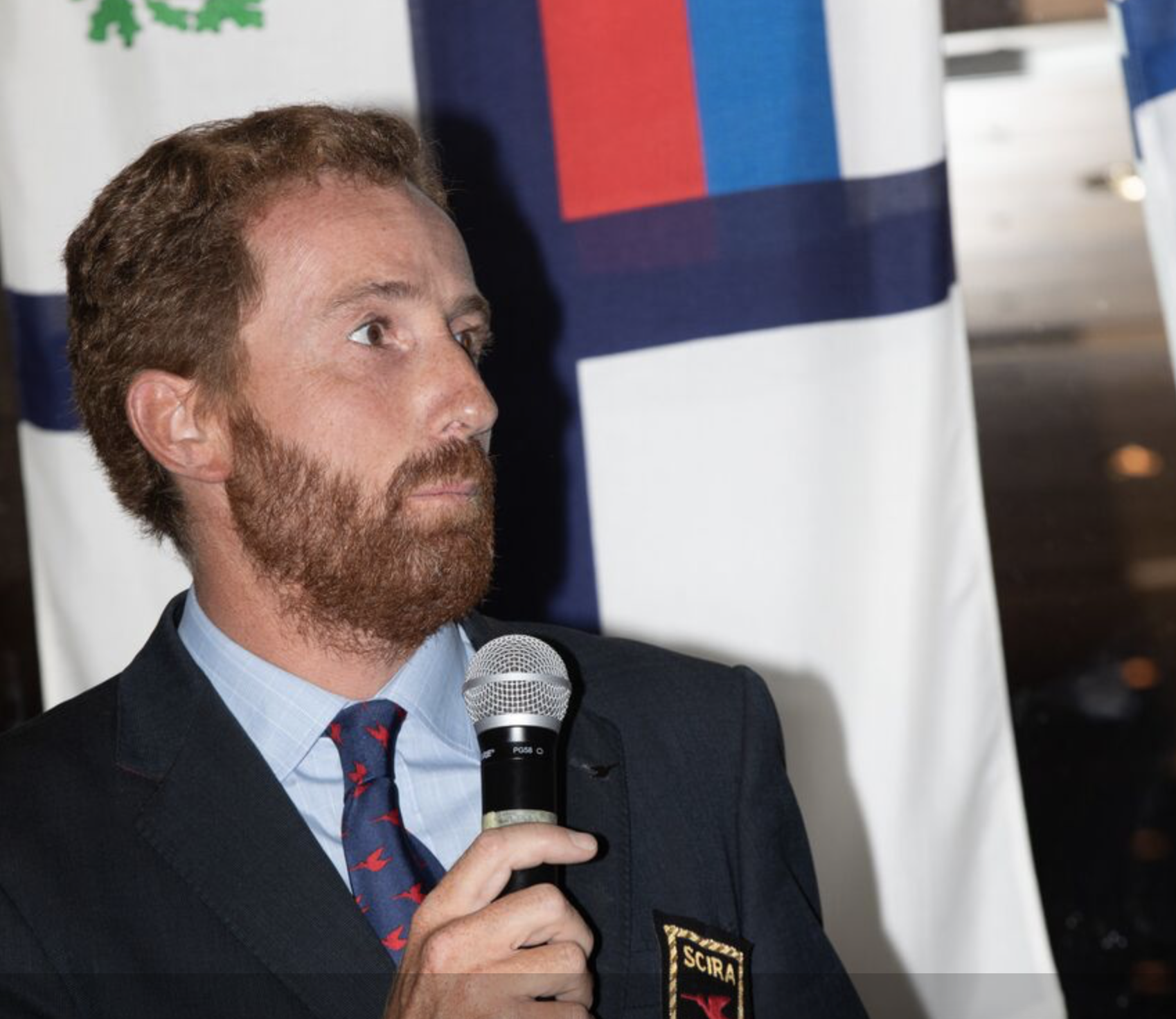
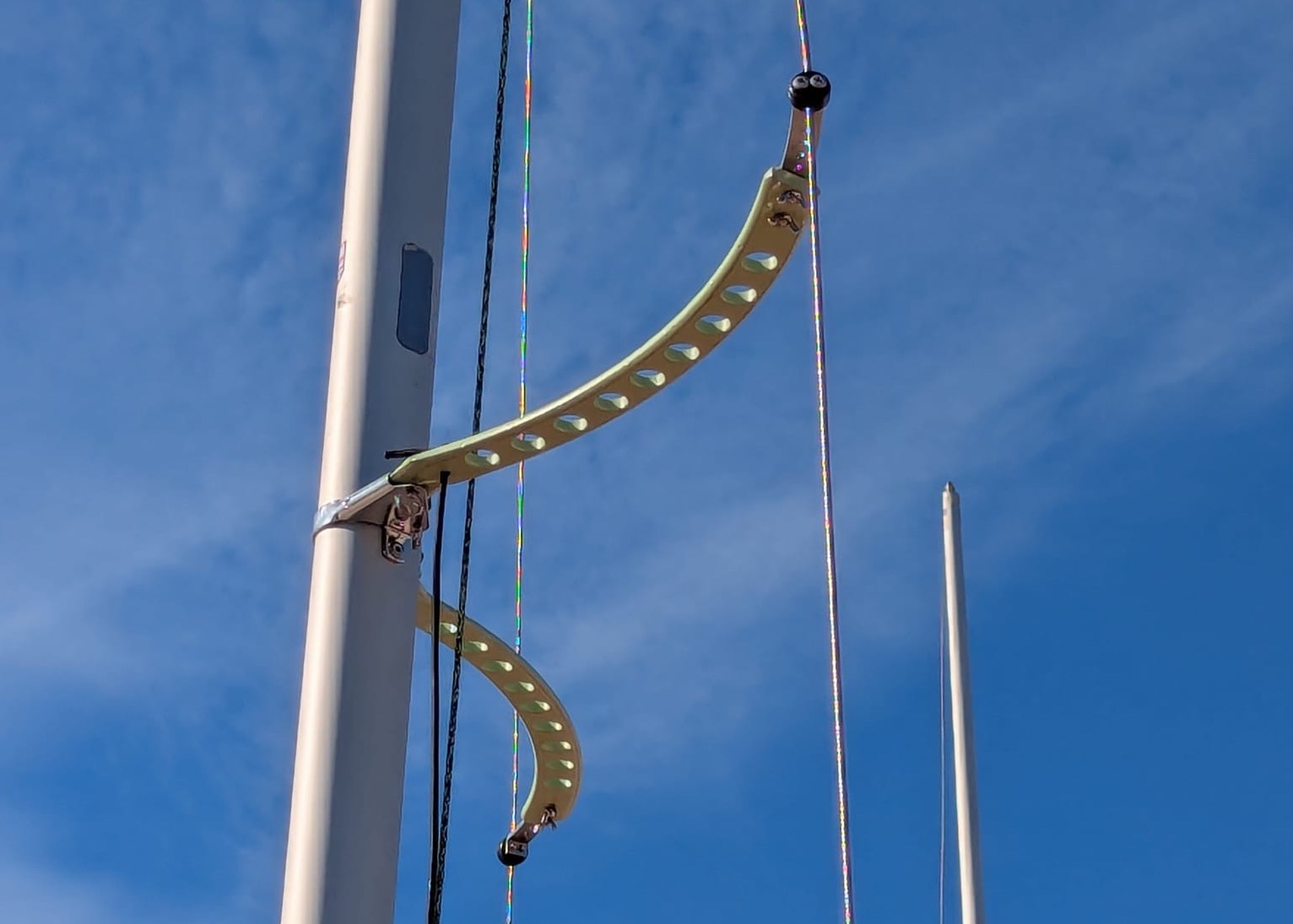
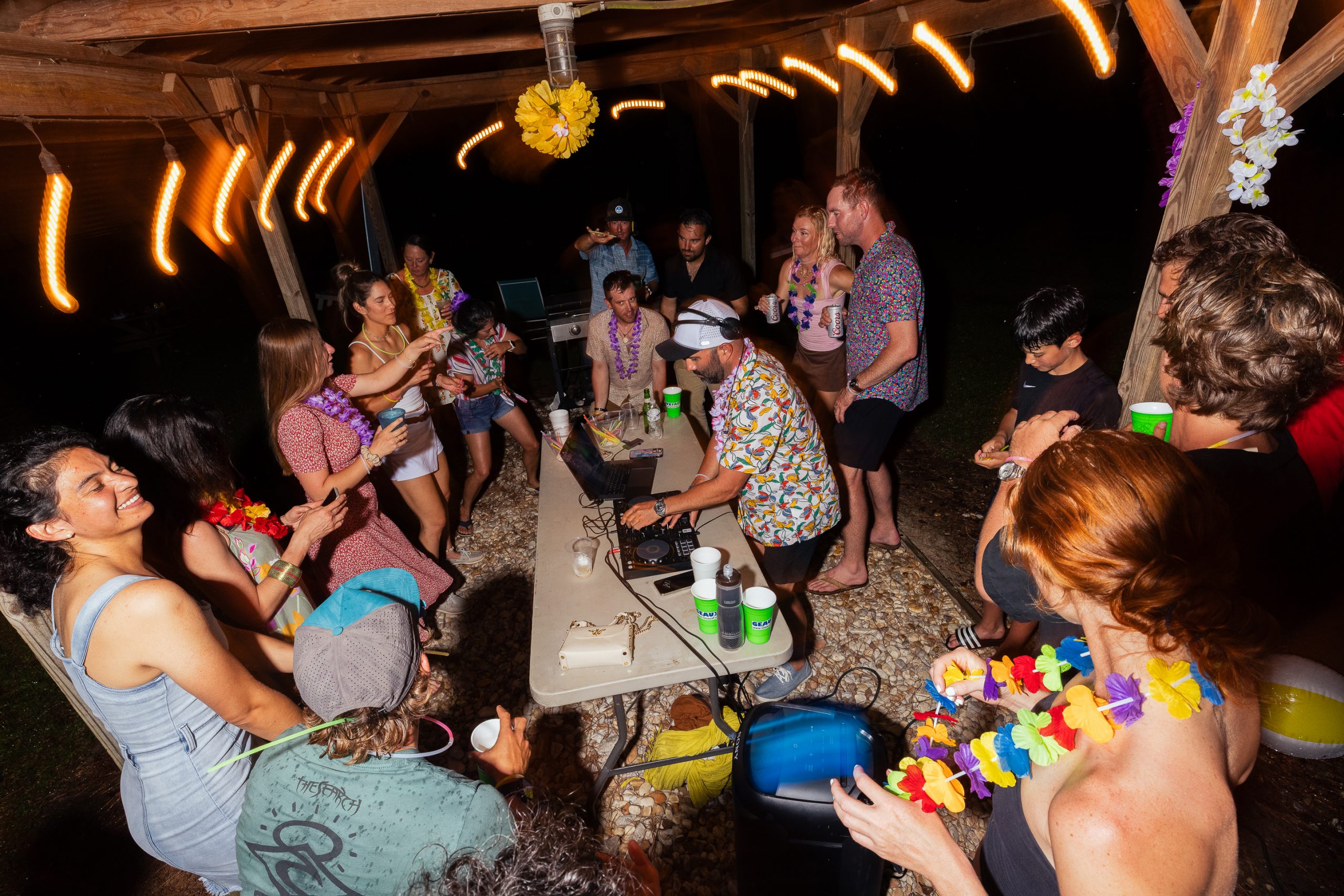
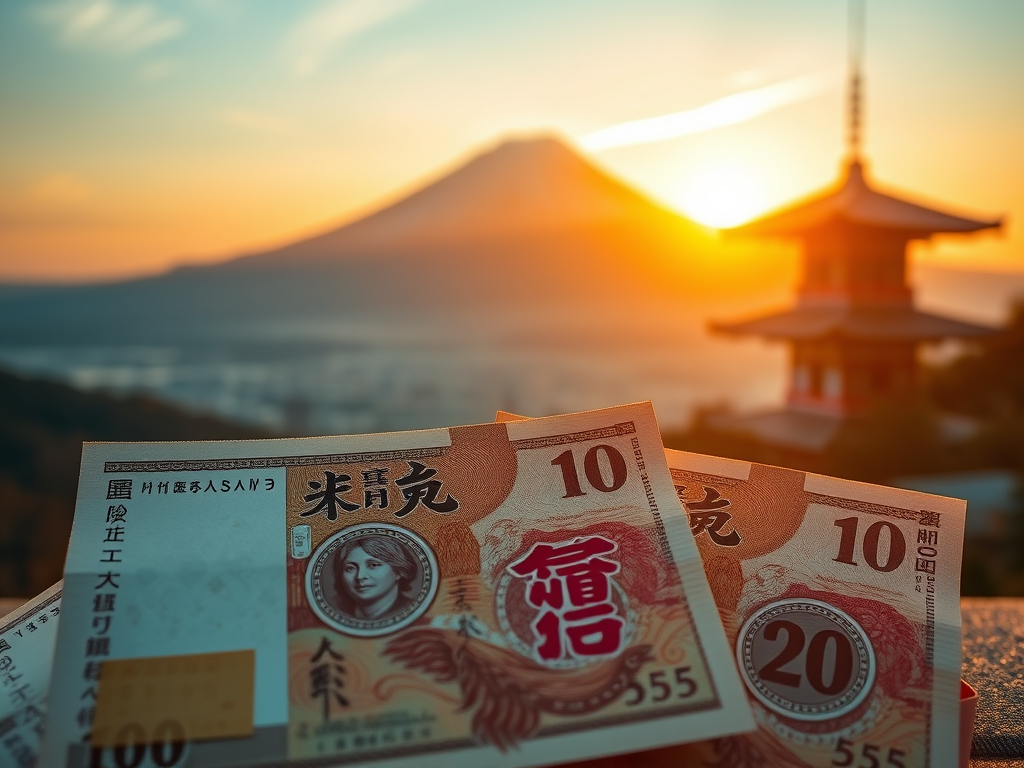
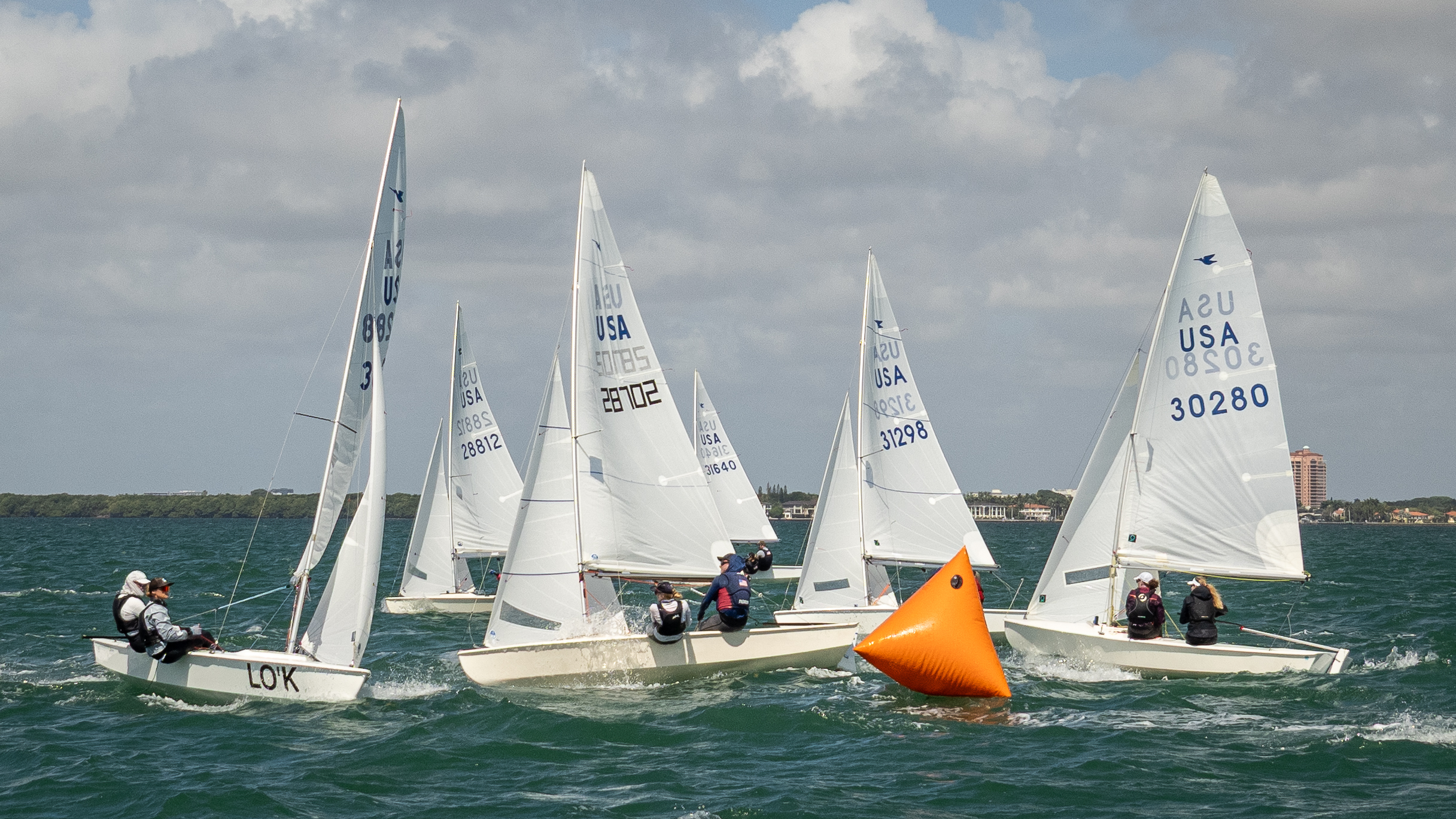
0 comments